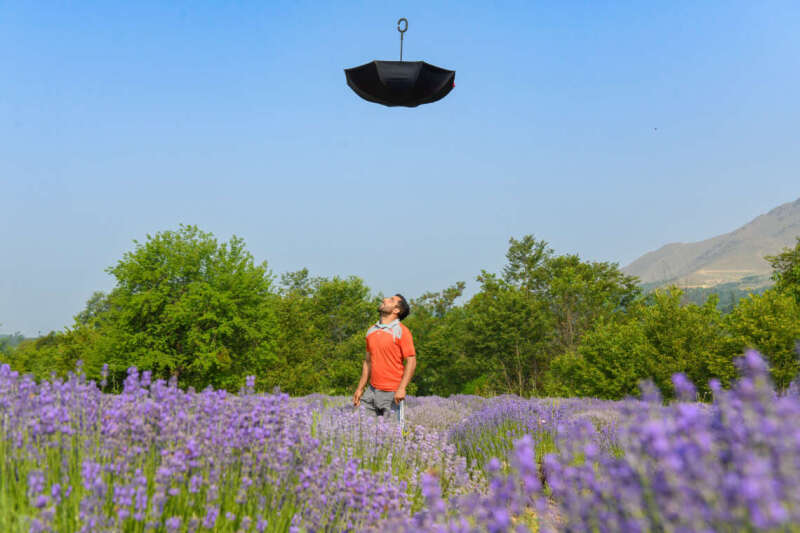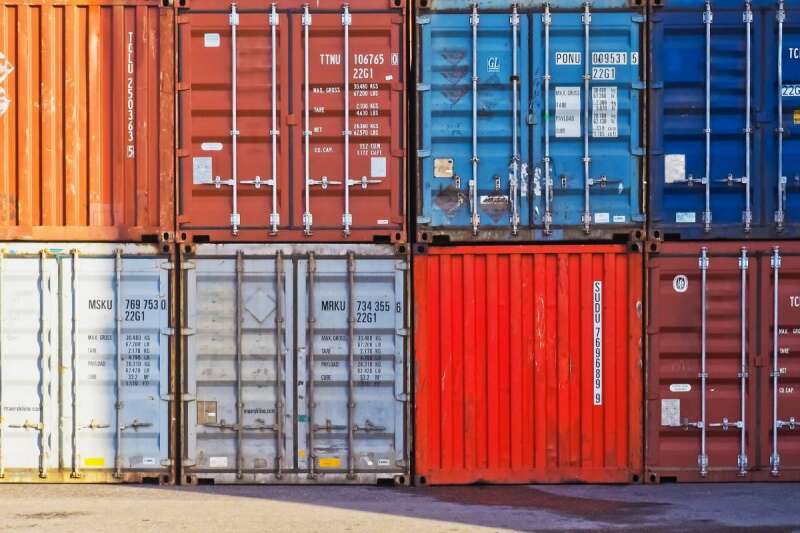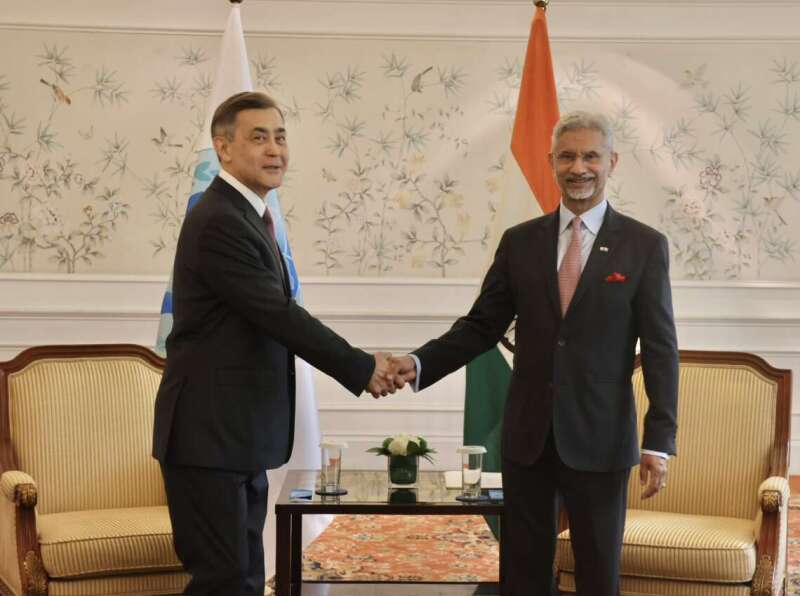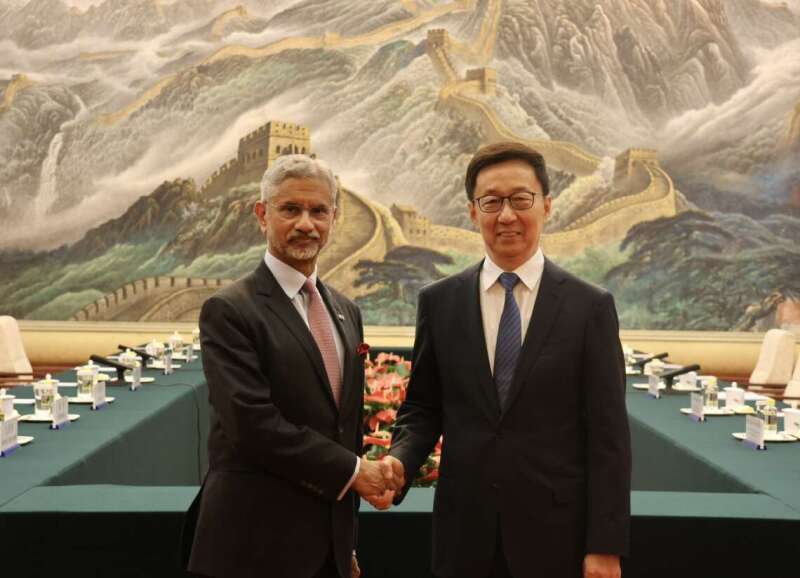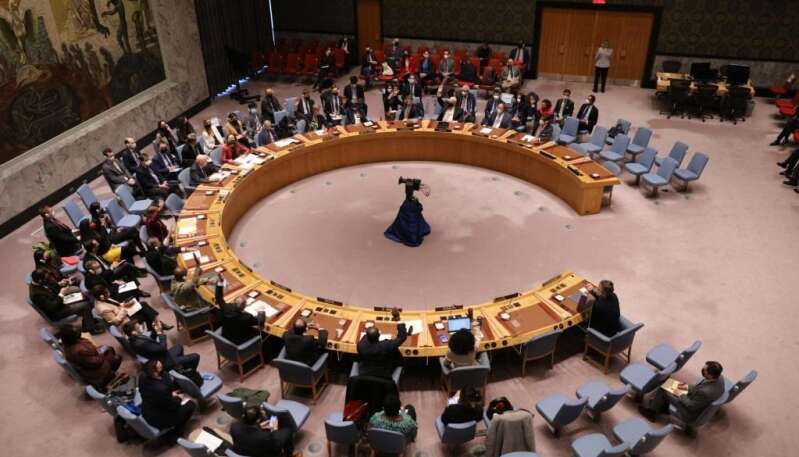In their statement, the three defense chiefs said that their respective countries had “been clear” in their intent to engage “like-minded partners” in Pillar II projects since the pact’s formation…reports Asian Lite News
The U.S., U.K. and Australia are considering working with Japan under their AUKUS security pact, top officials from the three countries said Monday, though challenges still loom large for Tokyo.
The three counties said they were weighing inviting Tokyo to join the pact’s second stage, known as Pillar II, with Britain adding that consultations with Japan and other countries as potential collaborators would begin later this year.
“Recognizing Japan’s strengths and its close bilateral defense partnerships with all three countries, we are considering cooperation with Japan on AUKUS Pillar II advanced capability projects,” the defense chiefs from the three countries said in a statement.
AUKUS, announced by the three countries in 2021, is part of joint efforts to counter China’s growing assertiveness in the Indo-Pacific region and beyond.
Under the pact’s first pillar, nuclear-powered attack submarines are to be delivered to Australia. Monday’s statement did not propose Japan would be involved in this aspect of the agreement.
Any involvement by Japan is expected to be centered around developing and sharing advanced capabilities across a broad swath of areas such as hypersonic, undersea and cyber weapons technology, as well as quantum computing and artificial intelligence.
Australian Prime Minister Anthony Albanese said Tuesday that such a move would not mean expanding the pact’s membership.
“What is proposed is to look at Pillar II of AUKUS and look at a project-by-project, whether there would be engagement, and Japan is a natural candidate for that to occur,” Albanese told a news conference in Canberra.
“What is not proposed is to expand the membership of AUKUS.”
Prime Minister Fumio Kishida was expected to discuss the issue during his summit with U.S. President Joe Biden in Washington on Wednesday.
In their statement, the three defense chiefs said that their respective countries had “been clear” in their intent to engage “like-minded partners” in Pillar II projects since the pact’s formation.
“AUKUS partners have developed principles and models for additional partner engagement in individual Pillar II projects and will undertake consultations in 2024 with prospective partners regarding areas where they can contribute to, and benefit from, this historic work,” they said.
“In identifying collaboration opportunities, we will take into account factors such as technological innovation, financing, industrial strengths, ability to adequately protect sensitive data and information, and impact on promoting peace and stability in the Indo-Pacific region,” the ministers added.
But hurdles remain for Japan, observers say, pointing to the country’s lack of strong cyberdefenses and tough rules for guarding secrets.
In late February, Japan said it would introduce a bill to parliament that would craft a new “security clearance” system that grants certain individuals special access to classified economic information, as part of a bid to stem leaks of critical data and create more business opportunities for domestic firms.
Japan has also pledged to beef up its cyberdefenses by increasing the number of cyberspecialists in the Self-Defense Forces to approximately 4,000, bringing the total number of cyber-related personnel in the Defense Ministry to some 20,000 by the end of fiscal 2027.
The country is also aiming to implement an “active cyberdefense” for “eliminating in advance the possibility of serious cyberattacks that may cause national security concerns,” according to the December 2022 National Security Strategy.
ALSO READ-Australia Taps Special Advisor for Israeli Airstrike Probe








